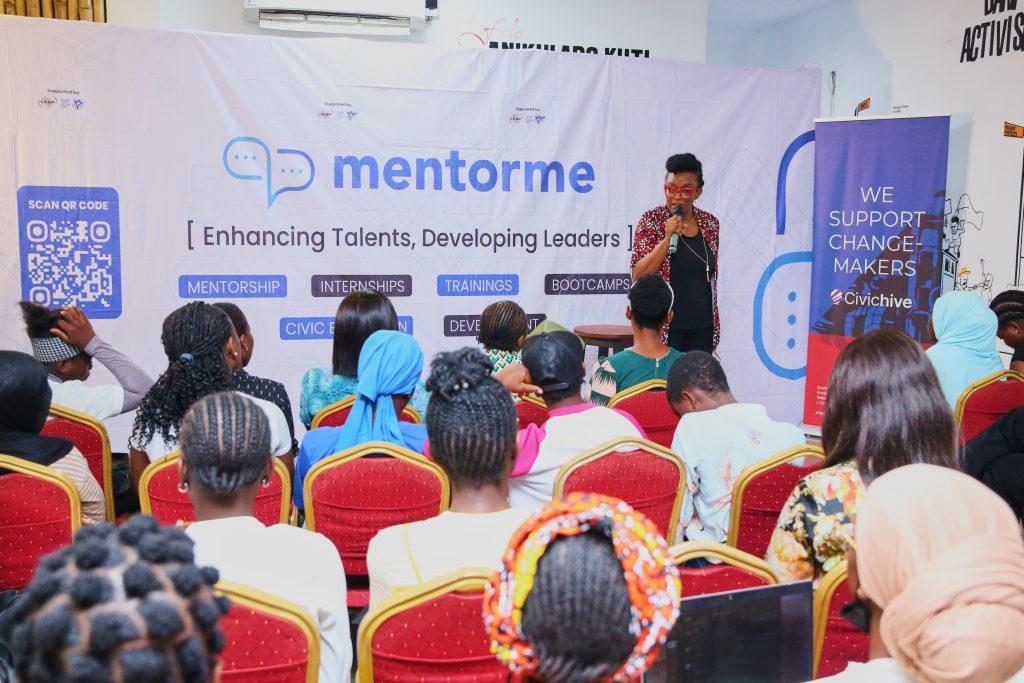Despite their significant contributions to Nigerian politics, women have long been marginalized in political appointments and elected positions. This disparity in representation between men and women ranks Nigeria among the worst in Africa, highlighting a systemic issue. Multiple factors contribute to this persistent gender gap, including financial barriers, deep cultural norms, opposition from male counterparts, and the lack of substantial support from political parties.
Women are often relegated to roles such as “Women Leaders” or “Deputy Women Leaders,” which focus on gender-specific activities rather than meaningful governance or decision-making positions. This underrepresentation reflects deeper systemic challenges that hinder gender equality in Nigeria. Addressing this imbalance requires more than policy changes, it requires a cultural shift, strong political will, and deliberate efforts to empower women as active participants in governance.
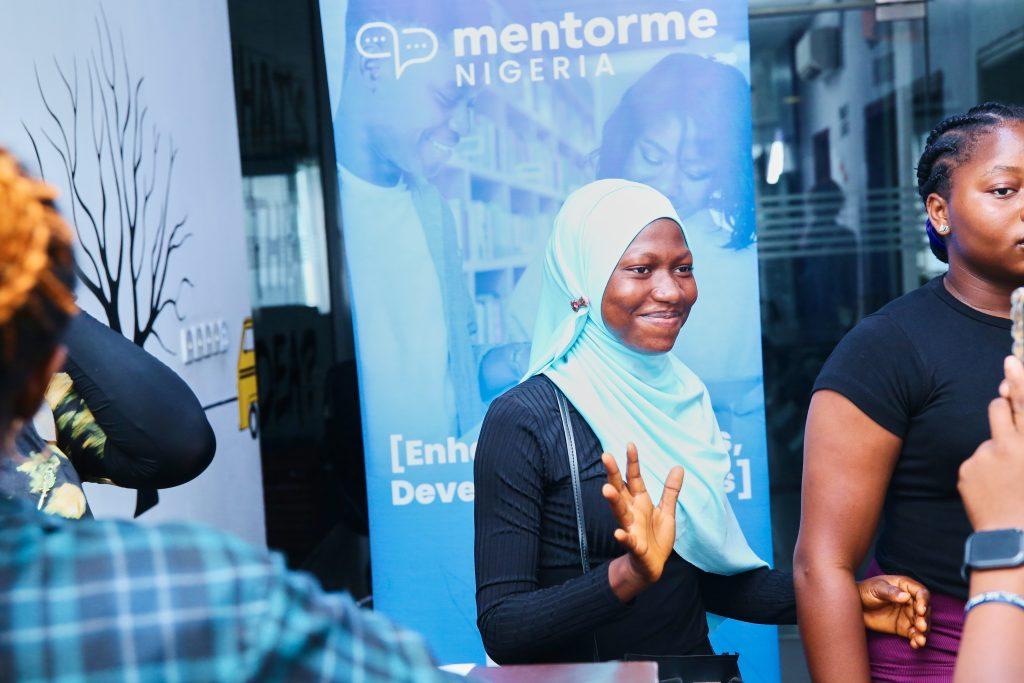
A Brief History of Margaret Ekpo
Margaret Ekpo, Nigeria’s first female politician, began her journey in 1945, championing women’s rights and economic empowerment through the Market Women Association in Aba. As a member of the National Council of Nigeria and the Cameroons (NCNC), she became a prominent voice for marginalized groups.
In 1949, alongside Olufunmilayo Ransome-Kuti, Margaret protested the killings of Enugu coal mine workers, organizing a public mourning that drew international attention. Together, they toured southeastern Nigeria, educating women on their rights and fostering political participation.
Margaret’s political influence grew as she was nominated to the Regional House of Chiefs in 1953 and later founded the Aba Township Women’s Association, which significantly boosted female voter turnout. By 1960, she led the NCNC Women’s Wing and, in 1961, became the first woman from Aba to serve in the Eastern Regional House of Assembly.
Her efforts extended globally, representing Nigeria at the 1960 Constitutional Conference and the 1963 World Women’s International Domestic Federation Conference. Margaret Ekpo’s legacy of activism and leadership continues to inspire figures like Aisha Yesufu and Ngozi Okonjo-Iweala, affirming her enduring impact on gender equality and political representation.
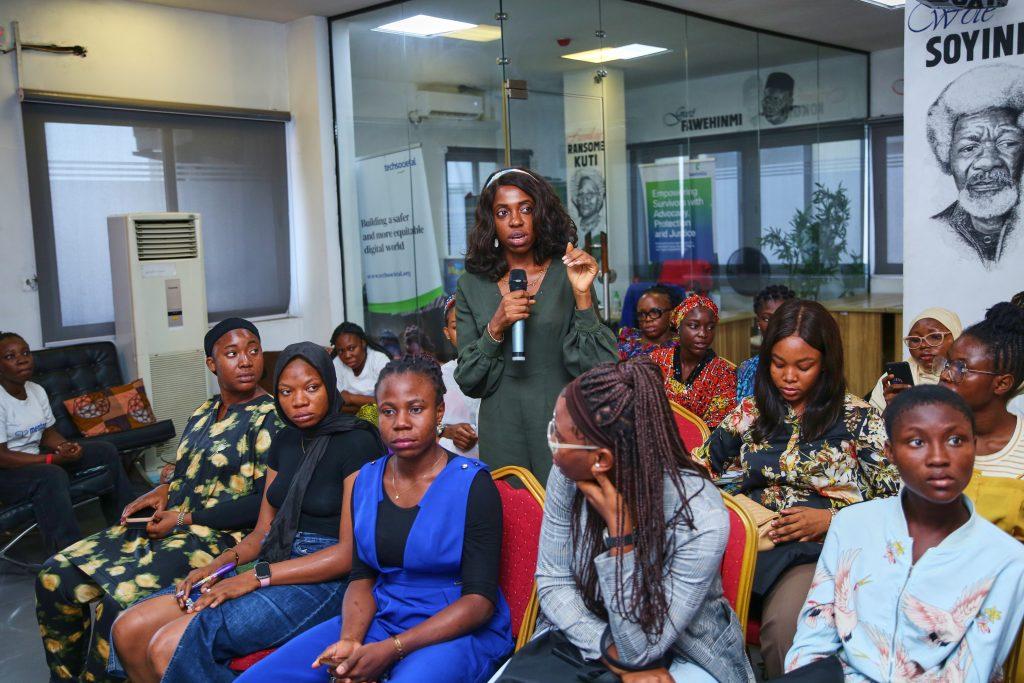
The Margaret Ekpo Women Fellowship
At MentorMe Nigeria, we recognize the transformative potential of inclusive strategies and are committed to breaking these barriers. Our vision is to unlock the full potential of Nigeria’s female population and champion equitable political representation. This commitment gave rise to the Margaret Ekpo Women Fellowship, an initiative aimed at nurturing the next generation of female leaders.
With the support of LEAP Africa and The Nigeria Youth Future Fund (NYFF) Project Development Grant, MentorMe successfully implemented the Margaret Ekpo Women Fellowship, a program aimed at addressing systemic challenges by providing young women with the resources they need to become active participants in governance and advocacy, challenge gender-based barriers, and drive meaningful societal change. This fellowship empowered participants with assignments, projects, and mentorship, offering targeted support for outstanding fellows to execute impactful community initiatives.
The fellowship brought together young women from across Lagos State, driven by their desire to bridge the gap in women’s representation in governance and tackle pressing social issues through democracy, governance, and activism. Following a rigorous selection process from over 300 applications, 30 exceptional women were chosen to participate in the program. Spanning three months, the fellowship built on foundational activities such as our New Voices Bootcamp and Sabi Community Hangout, equipping participants with the tools, knowledge, and networks needed to drive change.
The closeout event themed “Girls in Government Initiative in Nigeria,” held on November 30, 2024, at Civic Hive, Yaba, Lagos. The event addressed three critical topics shaping young women’s roles in governance:
The Role of Young Women in Shaping Nigeria’s Future: Betty Abah, founder of CEE-HOPE and a women’s rights advocate inspired attendees with stories of resilience and personal growth. She emphasized intelligence and compassion as essential leadership qualities, encouraging participants to own their craft and embrace independence.
Navigating Gendered Disinformation: Tope Ogundipe captivated the audience with her insightful talk, simplifying complex ideas and leaving a lasting impression. Her advice, “Be so good they can’t ignore you,” resonated strongly, urging participants to strive for excellence in their endeavors.
Why Young Women Should Be Involved in Politics: Victoria Oladipo, Executive Director of Learn Politics, delivered an empowering session encouraging young women to embrace political ambitions despite systemic challenges. Her inspiring mantra, “Because a woman became, I can become,” motivated participants to see themselves as future leaders.
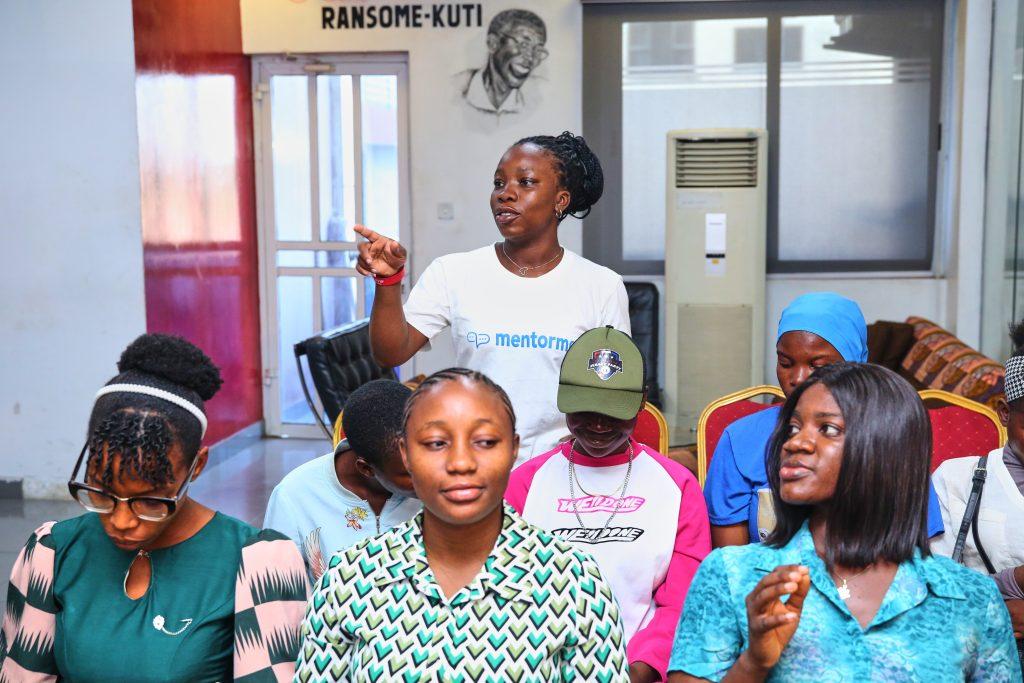
Why is this important?
The Nigerian political landscape remains unwelcoming to women, presenting significant barriers to their participation. Women in politics face heightened scrutiny, gendered disinformation, and systemic issues like godfatherism, which favors male candidates even when women win primaries. Despite comprising a large portion of the population, women are severely underrepresented in political offices.
Initiatives like the Margaret Ekpo Women Fellowship are vital in equipping young women with the tools and awareness to navigate these challenges. By understanding the obstacles and potential of female leadership, participants are empowered to drive systemic changes and advocate for greater inclusion.
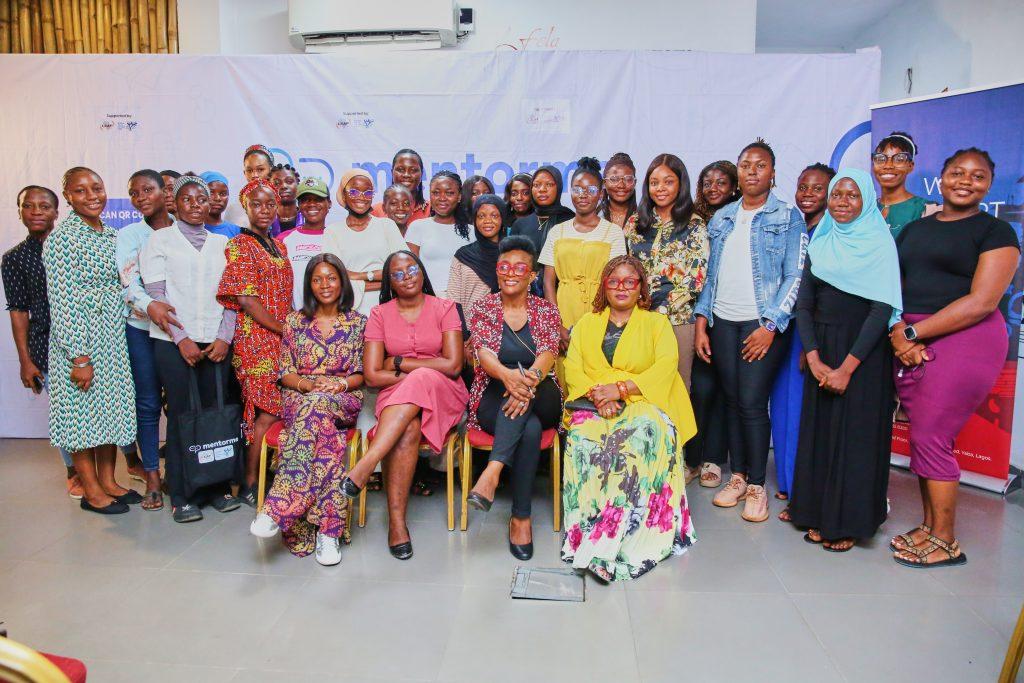
Conclusion
The Margaret Ekpo Women Fellowship is an important step toward bridging the gender gap in Nigerian politics. By educating and empowering young women to confront these challenges head-on, the fellowship creates a pipeline of informed and determined future leaders. With the knowledge gained, participants are better equipped to implement change in their lives and communities, fostering a new generation of women ready to challenge the status quo. As we conclude this chapter, we eagerly anticipate the remarkable impact these young women will make and look forward to hosting more transformative fellowships in the future.

